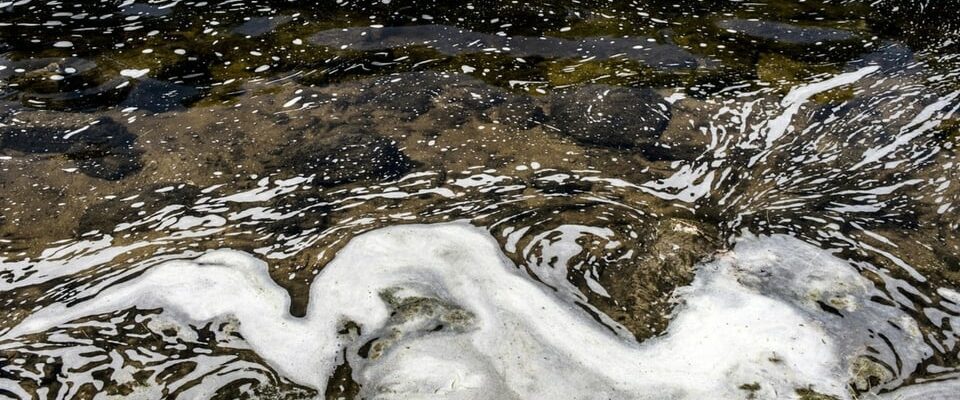Contents
PFAS are convenient, in almost everything, and do not degrade. The problem is that they are poisonous.
A whole group of substances has never been banned before. Five EU countries are now proposing exactly that – for the so-called by- and poly-fluorinated alkyl substances – PFAS for short. These chemicals are known to be harmful to health and accumulate in the environment.
Professor Martin Scheringer is an environmental chemist at ETH Zurich and has been working on PFAS for 15 years. He says the EU group of states’ proposal is immensely important. “It’s no exaggeration to say that it’s the most problematic group of substances that we’ve seen in the context of industrial chemicals.”
PFAS are used in around 10,000 different products. From dental floss or ski wax, which should be nice and smooth, to carpets that repel dirt, to Teflon pans in the kitchen. And in numerous cases, PFAS can be dangerous to humans. The best-known case is that of a Teflon factory in the United States. «There animals and people died and became very ill because of the substance PFOR in the water. This was released from DuPont’s production facility.”
But that does not mean that we acutely poison ourselves with the Teflon pan at home. Once the pan has been produced, only fumes are dangerous if the pan is heated extremely strongly, says Martin Scheringer.
Enrichment is problematic
The substance group of PFAS is extremely broad and includes several thousand substances. “The substances are different, not all are the same and not all equally toxic.” However, the substances do not degrade in the environment. This means that they accumulate, be it on fire brigade training grounds, where they get through the foam of fire extinguishers, be it in the air in outdoor clothing stores or in the human body. This enrichment is problematic.
In agreement with numerous other experts, Scheringer says that the PFAS must be regulated. “Because there are so many, because they are used so often, because they are so stable and because they will not go away.”
Long transition periods for the industry
The proposal for the ban comes from five EU member states and gives the industry different lengths of transition periods – from 18 months to 12 years – depending on what the substances are used for and how easily they can be replaced. The coming months will show how much the industry will defend itself against the planned regulation. So far, there are only restrictions for individual PFAS, but new ones are constantly coming onto the market.
Legend:
PFAS gather everywhere. And they are not degraded in the environment.
Keystone/AP/Jake May
The proposal will now be discussed by expert panels and then by the EU Commission. Switzerland will also be indirectly affected by the new EU regulation because many Swiss companies export their products to the EU and have to comply with EU standards. It is therefore quite possible that Switzerland will later take over regulation from the EU.
